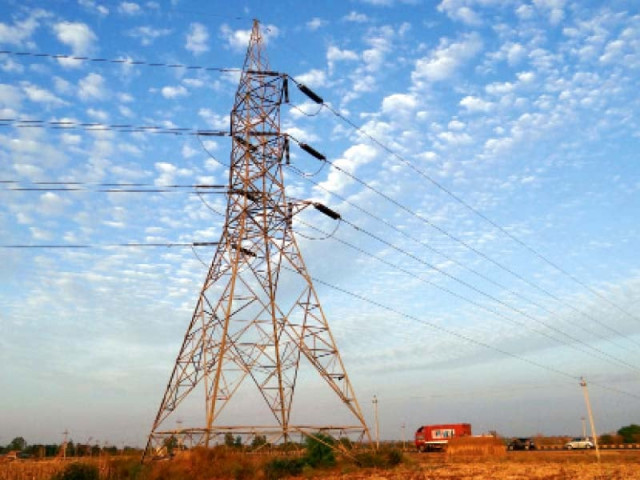Sindh protests against electricity policy
Says final draft of National Electricity Policy 2021 ignores its recommendations

Sindh has lodged a soft protest against the federal government over largely omitting its recommendations in the final draft of National Electricity Policy 2021, arguing that it should not be called a national policy document unless suggestions of the province holding potential to ensure energy security are incorporated.
“Federal government (should) … recognise Thar coal as a primary fuel for base load power generation for meeting electricity demand of the country,” Sindh Minister for Energy Imtiaz Ahmed Shaikh said in a letter dated February 1 to Federal Minister for Energy (Power Division) Omar Ayub Khan.
Pakistan is blessed with estimated coal reserves of 175 billion tons in Thar, Sindh. If half of the deposits are exploited properly, they would be sufficient for generating 100,000 megawatts of electricity for 30 years, it has been learnt. “Thar coal is abundant in quantity and cheaper than indigenous natural gas,” the provincial minister said, adding “Thar coal has the capacity and potential to ensure energy security in the country.”
The federal government in 2010 had declared Thar coalfields as the Special Economic Zone and development projects in Thar were also declared as “projects of national security”, he recalled.
Shaikh raised concern over some of the provisions in the draft policy, saying that the provisions empowering the federal government to deduct provincial dues from their annual share in federal resources, eg the National Finance Commission (NFC) Award, were “unconstitutional”.
Provincial assemblies are the only constitutional forums to allocate and utilise the funds received from the federal government every year instead of the federal government itself.
“Government of Sindh rejects the unconstitutional provision at Para 5.6.8 of NEP 2021. All the revenues received by a provincial government in pursuance of Article 160 of the Constitution of Pakistan shall form part of the provincial consolidated fund. And the provincial assembly is the only forum to allow expenditures out of the provincial consolidated fund through the annual budget statement. “Moreover, the transfer of revenue share to a provincial government under Article 160 is a sacred constitutional trust upon federal government. Any attempt to make at source deductions from the revenue share of a provincial government, under any pretext, would be unconstitutional,” Shaikh said in the letter to Omar.
The policy should also elaborate that the forthcoming hydropower projects should be set up in water-rich provinces so that agriculture and drinking water requirements were not compromised.
The national policy should recognise the provincial grid and transmission company as a partner in the national grid and transmission network so that the power generated through the provincial wind, solar and Thar coal projects may be supplied nationwide.
Power load-shedding in the country shall be recognised as a problem and a challenge and the National Electric Policy 2021 shall express a resolve to eliminate the menace of power load-shedding from the country where all citizens may be provided with uninterrupted power on non-discriminatory basis, he said.
Shaikh said that the federal minister should chair a meeting with provincial energy ministers to finalise a mutually agreed and consensus policy document before its submission to the Cabinet Committee on Energy (CCOE), Economic Coordination Committee (ECC), federal cabinet or the Council of Common Interests (CCI).
Published in The Express Tribune, February 3rd, 2021.
Like Business on Facebook, follow @TribuneBiz on Twitter to stay informed and join in the conversation.



















COMMENTS
Comments are moderated and generally will be posted if they are on-topic and not abusive.
For more information, please see our Comments FAQ